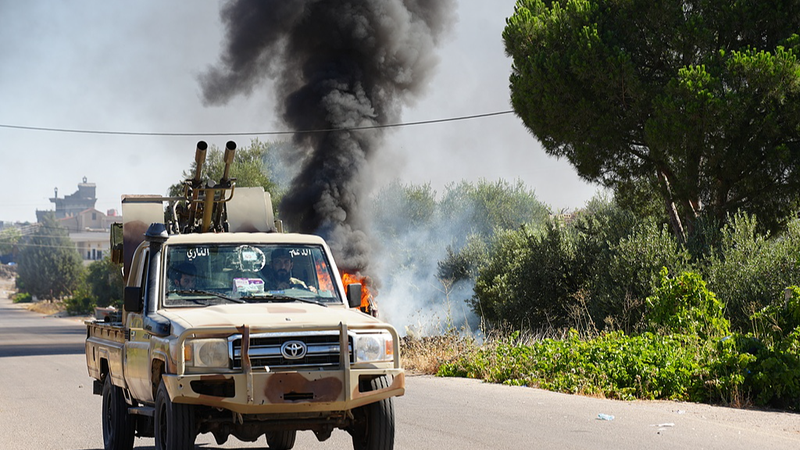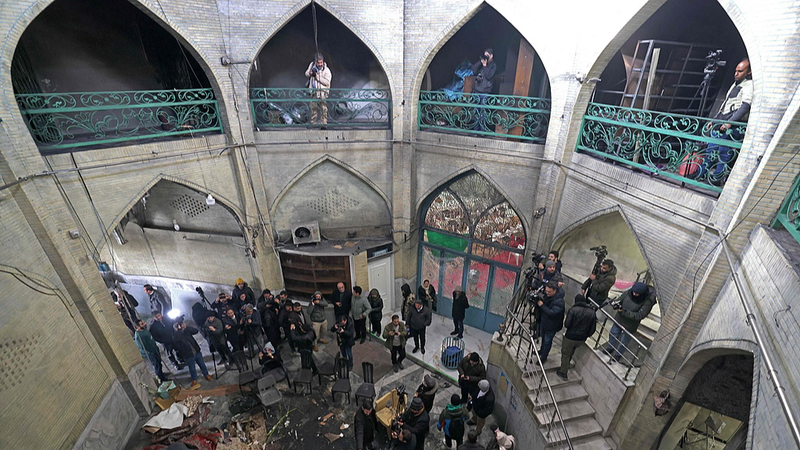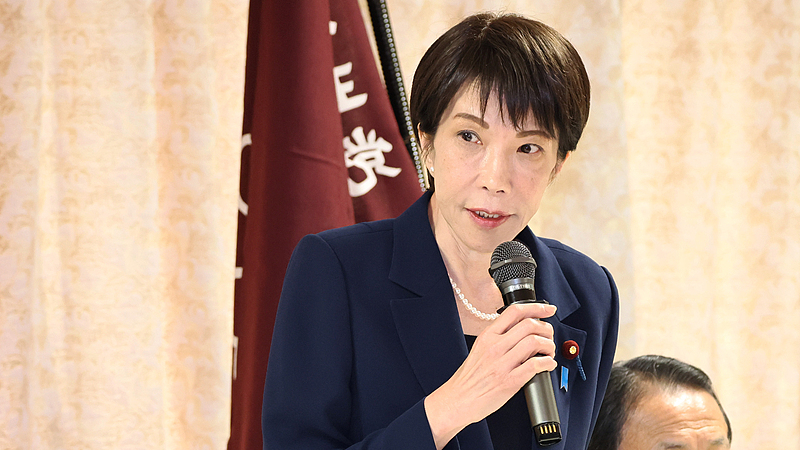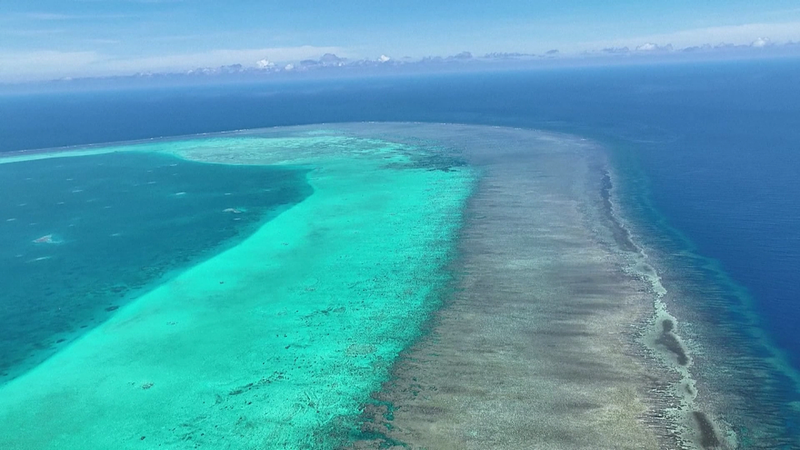In a video address on Thursday, Israeli Prime Minister Benjamin Netanyahu vowed to maintain military pressure in southern Syria to uphold two key red lines: the demilitarization of the zone south of Damascus and the protection of the Druze minority in Sweida province.
Netanyahu accused President Ahmed al-Sharaa’s government of deploying troops into the designated buffer area and unleashing violence against the Druze community. ‘The ceasefire was achieved through force, not through pleas or negotiations,’ he stressed, adding that Israel would act ‘as necessary’ to prevent further massacres.
From Initial Spark to Open Conflict
The recent escalation began when armed Bedouin tribesmen allegedly attacked a young Druze man near al-Masmiyah, triggering a cycle of retaliatory kidnappings and clashes involving local Druze fighters, regime forces and Bedouin militias.
In response, Israel launched airstrikes on Damascus and Sweida on Monday and Wednesday, aiming to deter further harm to the Druze community. A ceasefire brokered by Syrian interim authorities and Druze spiritual leaders briefly halted the violence.
International Backlash
The strikes drew sharp criticism from 11 Arab nations—including Saudi Arabia, Egypt, Jordan and the UAE—which warned that the attacks threatened Syria’s sovereignty and civilian safety. They urged the UN Security Council to enforce Israel’s withdrawal under UN Resolution 2766 and the 1974 Disengagement Agreement. The United States also distanced itself, with State Department spokeswoman Tammy Bruce saying the US did not support the recent Israeli strikes.
On the Ground
Syria’s interim authorities reported a withdrawal of regime forces from Sweida following a US-Arab mediation effort, but accused local armed factions of breaching the ceasefire and committing ‘horrific crimes’ against civilians. Despite the pullback, warplanes reportedly struck near Sweida city Thursday, and the death toll has risen to nearly 600, according to the Syrian Observatory for Human Rights.
Humanitarian Toll
As Bedouin families flee the province, reports of intimidation, sectarian violence and siege-like conditions are mounting, deepening an emerging humanitarian crisis.
With tensions high, the fate of southern Syria—and its vulnerable communities—hangs in the balance as regional and international actors grapple with competing security and political interests.
Stay tuned for updates on this evolving story.
Reference(s):
Netanyahu vows continued military action in southern Syria if needed
cgtn.com




